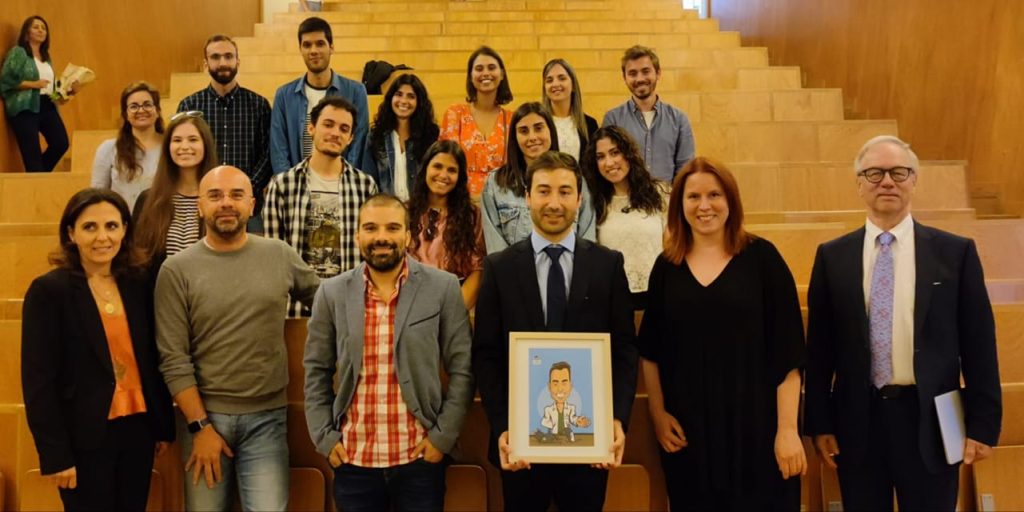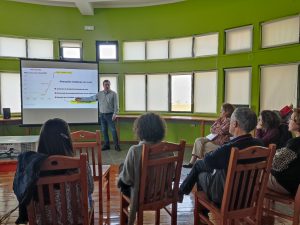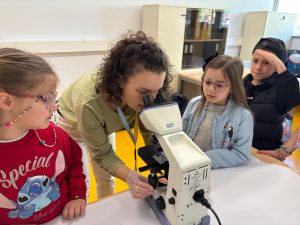Parents' food choices may have consequences on their children's health.
Um estudo desenvolvido por investigadores do Instituto de Ciências Biomédicas Abel Salazar (ICBAS), no Porto, concluiu que a alimentação produz impactos na fertilidade masculina que podem ser transmitidos e herdados por duas gerações.
O instituto revela que no estudo, publicado na revista “Molecular Nutrition & Food Research“, researchers from the Multidisciplinary Unit of Biomedical Research at ICBAS described the biomarkers that make it possible to identify a “metabolic memory” present in the testes.
The alterations are “consequences of eating a high-fat diet” and can be inherited by two generations, that is, father-son-grandson, having “implications on male fertility”.

A equipa, liderada pelo investigador Marco Alves, já tinha determinado, em trabalhos anteriores, que a ingestão excessiva de gordura durante as primeiras fases da vida altera o conteúdo lípido e o metabolismo dos testículos, “afetando negativamente a capacidade reprodutiva durante o resto da vida” e “resultando em alterações que não são reversíveis com a mudança para uma dieta equilibrada”.
In this study, carried out in animal models (mice), the researchers “went further” and described the transgenerational effects that are transmitted by parents who eat a diet rich in fats to children and grandchildren who follow a balanced diet.
“The offspring showed, in the testicles, an alteration in the metabolism of choline”, an essential nutrient for the regulation of various functions, such as brain function, and the development of spermatozoa.
The investigation also showed alterations in the activity of mitochondria, in antioxidant defenses and in the presence of various lipids.
"These alterations promote a proinflammatory environment in the testicle, altering sperm count and quality", stresses the researcher, noting that transgenerational effects are also observed when the father's intake of fat is only until puberty.
The researcher Marco Alves points out that reproduction “is also a reflection of diet”.
“Our food choices will have consequences for our children and, very possibly, for our grandchildren as well”, he says, adding that these effects may have even more impact on assisted reproduction processes, since the spermatozoon is chosen randomly and without taking into account biomarkers such as those identified in the study.
“The increase in infertility is clearly associated with the increase in metabolic diseases (overweight, obesity and diabetes, among others), and this association has already been recognized by the World Health Organization”, highlights Marco Alves.
The metabolic memory in the testis is transmitted by the Sertoli cells, which respond to ensure all the structural and metabolic needs during the sperm formation process.
The stimuli captured by these cells, in addition to altering their own genetic expression, also alter the epigenetics.
“Knowing these changes and the transmission mechanisms will allow selecting the best spermatozoa and the best window of time to perform in vitro fertilization, improving the efficiency of assisted reproduction techniques and opening up new therapeutic opportunities in male infertility”, adds the researcher.
Além da equipa do ICBAS, o estudo contou também com investigadores da Faculdade de Farmácia da Universidade do Porto, da Universidade de Aveiro, do Instituto Politécnico da Guarda e da Associação Protetora dos Diabéticos de Portugal (APDP).
The work also resulted from several international partnerships, including the University of Zagreb and the University College of London.
Source: CNN Portugal







